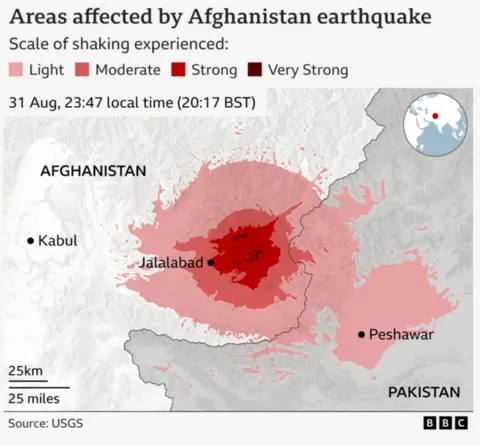The disclosure emerged following a security breach kept under wraps by the government, which had sought a “super injunction” to prevent media coverage on this sensitive issue. Defense Secretary John Healey stated that the scandal was uncovered when information regarding specific individuals appeared on social media. As a precautionary measure, the government facilitated the relocation of Afghans believed to be at risk following the Taliban's resurgence.
Critics of the government have pointed to this incident as a failure of transparency and accountability. The decision to utilize a super injunction—an effective yet controversial legal tool—has invited scrutiny from press freedom advocates and raised questions about the handling of sensitive immigration topics in British politics. Healey confirmed plans to conclude the relocation initiative and publish a report assessing the reparation risks, ultimately finding no substantial evidence that exposed individuals were under imminent threat from the Taliban.
The program has already incurred costs of approximately $537 million, with additional Afghan individuals still pending relocation. As immigration remains a contentious issue in the U.K., public discourse surrounding resettlement efforts continues to evolve amid growing concerns regarding both security and moral responsibilities to those who assisted British forces.
Critics of the government have pointed to this incident as a failure of transparency and accountability. The decision to utilize a super injunction—an effective yet controversial legal tool—has invited scrutiny from press freedom advocates and raised questions about the handling of sensitive immigration topics in British politics. Healey confirmed plans to conclude the relocation initiative and publish a report assessing the reparation risks, ultimately finding no substantial evidence that exposed individuals were under imminent threat from the Taliban.
The program has already incurred costs of approximately $537 million, with additional Afghan individuals still pending relocation. As immigration remains a contentious issue in the U.K., public discourse surrounding resettlement efforts continues to evolve amid growing concerns regarding both security and moral responsibilities to those who assisted British forces.





















